We believe in growth over grades
While mastery-based learning is considered a progressive model of education, it's roots dates back to the 1960's when Benjamin Bloom published his philosophy on "Learning for Mastery." However, many argue that the foundation for Bloom's principles originated with thinkers like Aristotle and other ancient Greek philosophers. That is to say, these concepts and principles of learning have been around for a long time.
At The Peak School, we base our philosophy of learning on the ideas presented by Bloom's argument for mastery-based learning, which we define as demonstrating a certain level of proficiency in a skill before moving ahead in the curriculum. Through measuring by skills, we are able to offer students more nuanced and personalized feedback that caters to their personal learning needs. Feedback is a crucial aspect of our assessment process, and students are constantly receiving one-on-one and written narrative feedback that details how they can continue to grow as learners. Paired with narrative feedback, teachers at The Peak School use a set of skills called Division Mastery Objectives (DMOs) to measure student understanding.
Division Mastery Objectives are a set of skills that allow students to demonstrate learning before moving ahead to the next grade level and guide them toward becoming lifelong learners.
Students are assessed using skills-based rubrics that allow them to work towards a skill on a four-prong scale—Just Beginning (JB), Approaching (A), Meets (M), and Exceeds (E). These stages of development do not correspond with traditional letter grades, rather the skills-based system allows teachers to guide and coach students toward understanding. As such, learning is more personalized and holistic.


